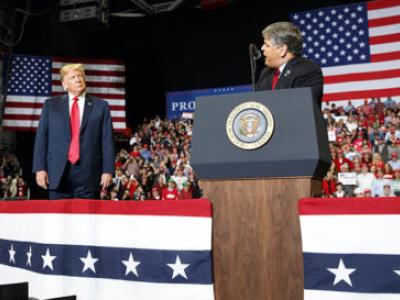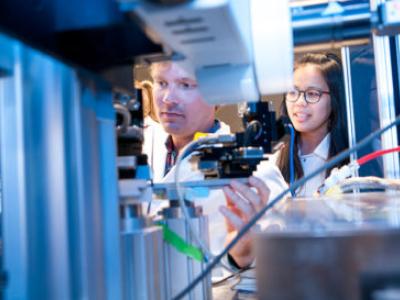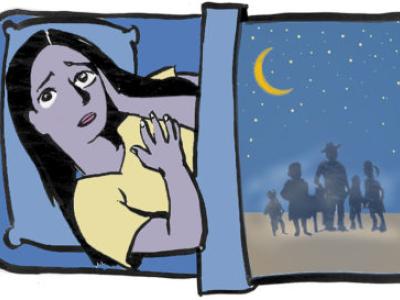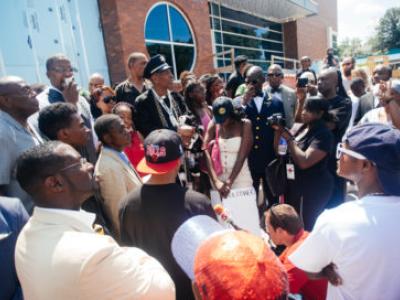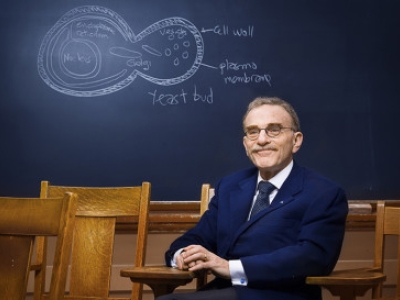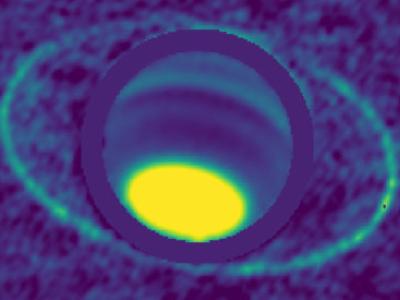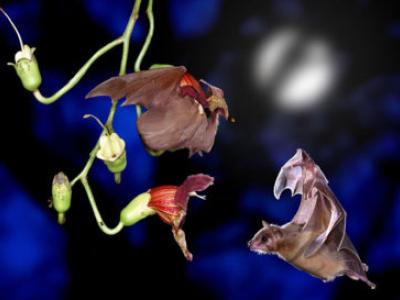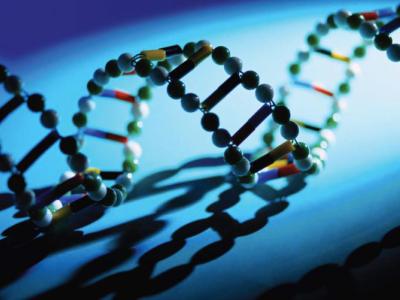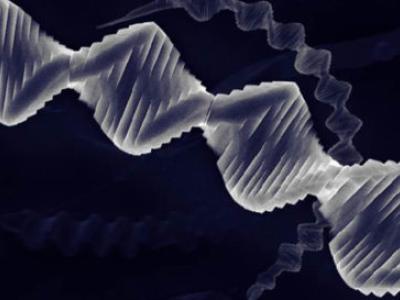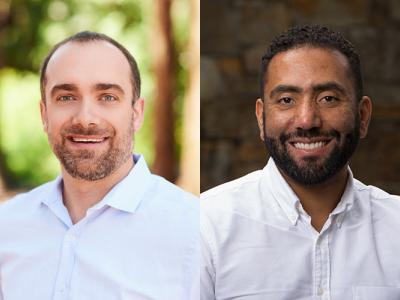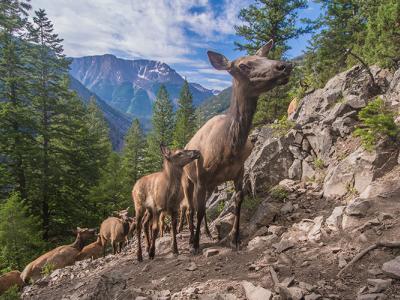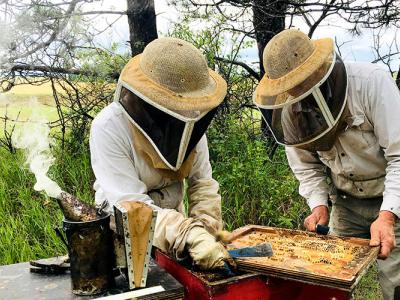America’s political system isn’t working and there’s one clear culprit, according to a new article from a Berkeley political scientist: the contemporary Republican Party.
The Republican Party has “mutated” over the last 20 years from a traditionally conservative party that argued for limited government and traditional values into an “insurgent force that threatens the norms and institutions of American democracy.”
Research News
Learn more about UC Berkeley's researchers and innovators.
Showing 1553 - 1568 of 3463 Results
People who report a declining quality of sleep as they age from their 50s to their 60s have more protein tangles in their brain, putting them at higher risk of developing Alzheimer’s disease later in life, according to a new study by psychologists at the University of California, Berkeley.
From the tiny electronics that power our smartphones to the new medicines that keep us well, a surprising number of the ideas and innovations that drive our economy were born not by corporations, but by federally-funded science, shows a new study led by University of California, Berkeley, researchers.
Some of the most successful plant communities in California — and probably in Mediterranean climates worldwide — that are characterized by wet winters and dry summers have taken a different approach. They’ve learned to thrive in areas with a below-ground water storage capacity barely large enough to hold the water that falls even in lean years.
The rise of anti-immigration rhetoric and policies in the United States following the 2016 presidential election may be taking its toll on the health of California’s Latinx youth, including those who are U.S. citizens, suggests a new study led by University of California, Berkeley, researchers.
In California, the Senate recently passed SB 144, the Families Over Fees Act. Some of the same issues about fines and fees that plagued Ferguson also are part of California’s legal landscape. The bill, introduced by Sen. Holly Mitchell of Los Angeles, was chiefly written by the Debt Free Justice California coalition with technical support from the Policy Advocacy Clinic, both part of Berkeley Law’s East Bay Community Law Center (EBCLC). The bill would end assessment and collection of administrative fees imposed against people in the criminal justice system. By doing so, it would reduce the economic hardships caused by court-ordered debt.
“Scientific research shouldn’t sit behind a paywall,” writes UC Berkeley professor Randy Schekman in a new op-ed in Scientific American. Discovery and research shouldn’t be inaccessible to those that need it—doctors, university scientists, for example — especially when the taxpayers fund the research, which is often the case for major projects, said Schekman, a professor of cell and developmental biology who won the Nobel Prize for Physiology or Medicine in 2013.
The rings of Uranus are invisible to all but the largest telescopes — they weren’t even discovered until 1977 — but they’re surprisingly bright in new heat images of the planet taken by two large telescopes in the high deserts of Chile.
The phrase “we’re on the same wavelength” may be more than just a friendly saying: A new study by University of California, Berkeley, researchers shows that bats’ brain activity is literally in sync when bats engage in social behaviors like grooming, fighting or sniffing each other.
Genetically engineered trees that provide fire-resistant lumber for homes. Modified organs that won’t be rejected. Synthetic microbes that monitor your gut to detect invading disease organisms and kill them before you get sick. These are just some of the exciting advances likely to emerge from the 20-year-old field of engineering biology, or synthetic biology, which is now mature enough to provide solutions to a range of societal problems, according to a new roadmap released today (June 19) by the Engineering Biology Research Consortium, a public-private partnership partially funded by the National Science Foundation and centered at the University of California, Berkeley.
With a simple twist of the fingers, one can create a beautiful spiral from a deck of cards. In the same way, scientists at the University of California, Berkeley, and Lawrence Berkeley National Laboratory (Berkeley Lab) have created new inorganic crystals made of stacks of atomically thin sheets that unexpectedly spiral like a nanoscale card deck.
Shruti Agarwal, a computer science graduate student at UC Berkeley, and her thesis advisor Hany Farid, an incoming professor in the Department of Electrical Engineering and Computer Science and in the School of Information at UC Berkeley, are racing to develop digital forensics tools that can unmask “deepfakes,” hyper-realistic AI-generated videos of people doing or saying things they never did or said.
Scientists are rightly focused on anticipating and preventing the major impacts that climate change will have on humans, plants and animals. But they shouldn’t forget the effect on Earth’s microbes, on which everything else depends, warns a group of 33 biologists from around the globe.
Two young Berkeley faculty members, Aaron Streets of bioengineering and Michel DuPage of molecular and cell biology, are among 29 new Pew Scholars in the health sciences announced by the Pew Charitable Trusts.
Every spring, tens of thousands of elk follow a wave of green growth up onto the high plateaus in and around Yellowstone and Grand Teton national parks, where they spend the summer calving and fattening on fresh grass. And every fall, the massive herds migrate back down into the surrounding valleys and plains, where lower elevations provide respite from harsh winters. These migratory elk rely primarily on environmental cues, including a retreating snowline and the greening grasses of spring, to decide when to make these yearly journeys, shows a new study led by University of California, Berkeley, researchers.
California almond farmers who depend on commercial bee hives to pollinate their lucrative crops would benefit from increased efforts to protect essential bee foraging territory in northern prairie states, according a University of California, Berkeley, researcher.

